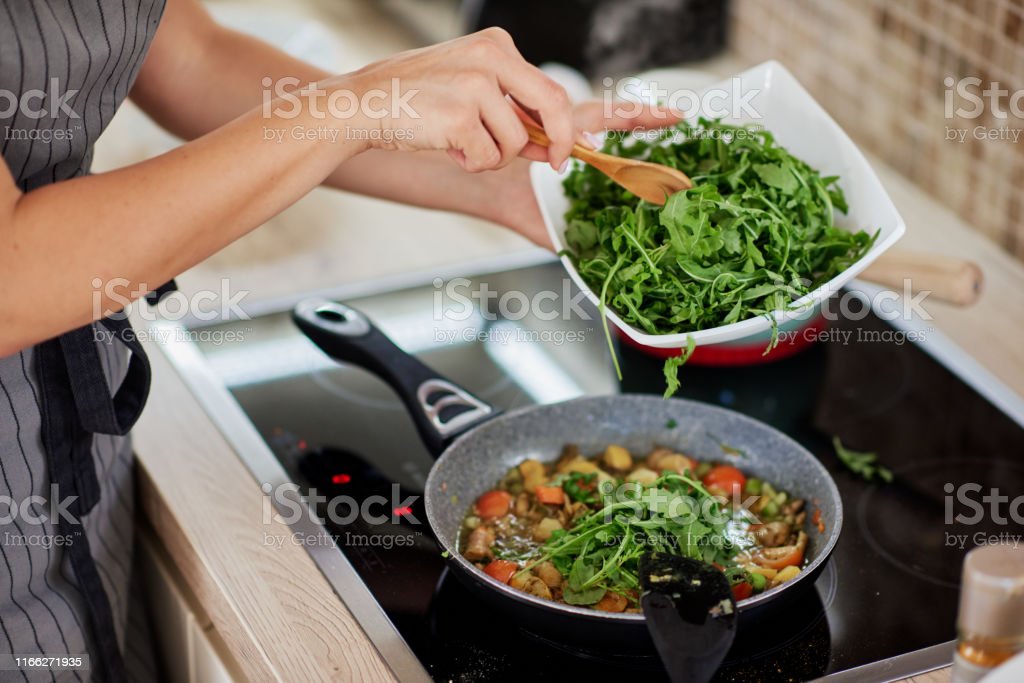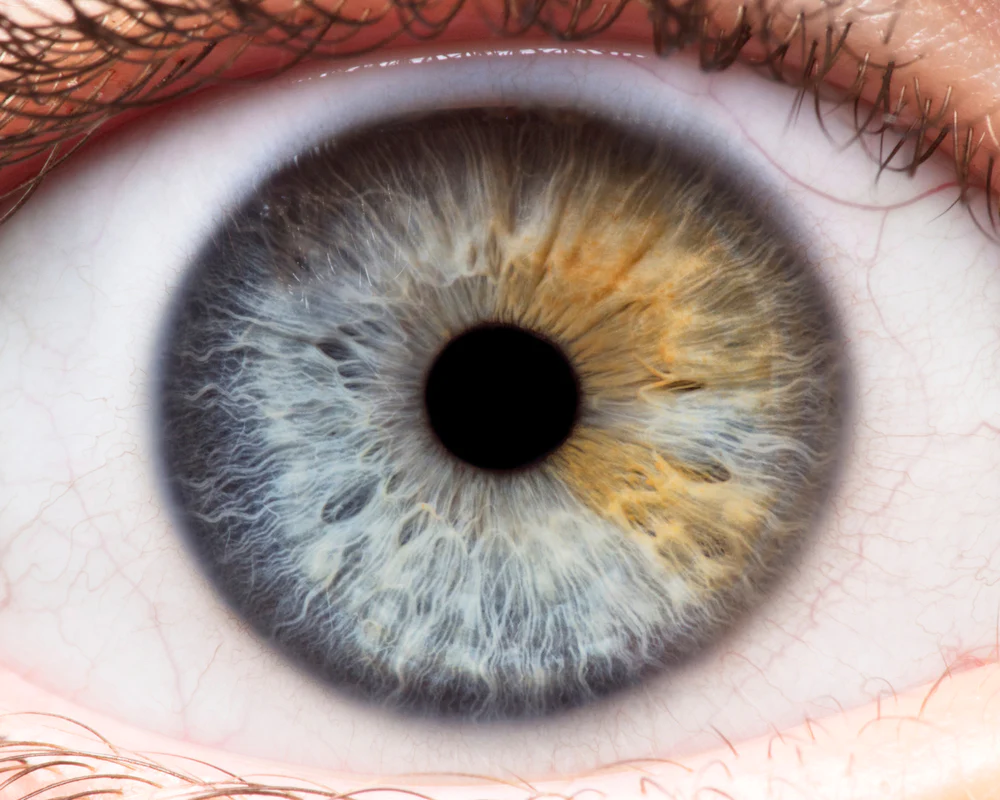Are you struggling to shed those extra pounds, no matter how hard you try? Have you considered the role that protein plays in weight loss and management? Protein is an essential nutrient that can help keep you feeling full and satisfied while also promoting muscle growth. In this blog post, we’ll explore why protein is crucial for weight loss, the different types of protein, how much protein you need to consume, and delicious recipes high in protein. Get ready to learn everything you need to know about incorporating more protein into your diet for successful weight loss!
What is protein and why is it essential for weight loss and management?
Protein is a macronutrient that is essential for the growth and repair of cells, tissues, and muscles. It’s made up of amino acids that our bodies need to function properly. Unlike carbohydrates and fats, protein takes longer to digest, which means it keeps us feeling fuller for longer periods of time.
When we consume protein-rich foods such as meat, eggs or nuts with meals, they help regulate blood sugar levels by slowing down the absorption of glucose into the bloodstream. This can prevent sudden spikes in insulin levels which are often associated with weight gain.
Protein also plays a crucial role in building lean muscle mass. The more muscle you have on your body, the higher your metabolic rate will be at rest. That means you’ll burn more calories even when you’re not exercising.
Consuming adequate amounts of protein has been shown to reduce cravings and hunger pangs throughout the day – meaning you’re less likely to reach for unhealthy snacks or overeat during meal times. Incorporating high-quality sources of protein into your diet can promote weight loss and management by regulating blood sugar levels, increasing metabolism and reducing cravings!
The different types of protein
Protein is an essential macronutrient that plays a crucial role in weight loss and management. When it comes to protein, there are different types that you can consume based on your dietary needs and preferences.
Firstly, animal-based proteins include meat, poultry, fish, eggs and dairy products. These sources provide all nine essential amino acids that the body cannot produce on its own.
Secondly, plant-based proteins such as beans, lentils, nuts and seeds also contain significant amounts of protein but may not have all the essential amino acids. Combining different plant-based protein sources can ensure you get enough of these important nutrients.
Thirdly, whey protein powder is another popular option for those who want to increase their protein intake without consuming too many calories or fat. It’s easily digestible by the body and has been shown to promote muscle growth when combined with resistance training.
Vegan protein powders made from pea or rice proteins are available for people with lactose intolerance or who follow a vegan lifestyle.
In summary, choosing the right type of protein depends on personal preference and dietary restrictions. By incorporating a variety of high-quality proteins into your diet plan can help support your weight loss goals while maintaining good health overall.
How much protein do you need to consume to lose weight?
Protein is essential for weight loss and management because it can help you feel full, reduce cravings, and boost your metabolism. However, how much protein do you need to consume to lose weight?
The amount of protein needed varies depending on factors such as age, gender, activity level, and body composition. In general, it is recommended that adults aim for 0.8 grams of protein per kilogram of body weight per day.
For those looking to lose weight, increasing your protein intake may be beneficial. Studies have shown that a higher protein diet can lead to greater fat loss and preservation of muscle mass compared to lower protein diets.
It’s important not to go overboard with consuming excessive amounts of protein in an attempt to speed up weight loss results. Consuming too much protein can put unnecessary strain on the kidneys and lead to dehydration.
Therefore, it’s best to consult with a registered dietician or healthcare provider about the appropriate amount of daily protein intake for your individual needs and goals.
Best sources of protein for weight loss
When it comes to weight loss, protein is a crucial nutrient that can help you achieve your goals. The good news is there are plenty of delicious and healthy sources of protein out there.
One great option is lean meats such as chicken, turkey, and fish. These proteins are not only low in calories but also high in nutrients like omega-3 fatty acids which can boost heart health. Opt for baked or grilled options instead of fried ones to keep the calorie count low.
Another excellent source of protein is eggs; they contain all nine essential amino acids needed for muscle growth and repair. They are versatile and easy to prepare boiled, scrambled, or even baked into muffin cups with veggies.
If you prefer plant-based proteins, legumes like lentils and chickpeas are an excellent choice. They’re packed with fiber that keeps you full longer while providing a steady release of energy throughout the day.
Other vegetarian-friendly options include nuts like almonds and peanuts which can be eaten as snacks or added to salads for extra crunch!
Incorporating these best sources of protein into your diet will not only aid in weight loss but also provide many other health benefits!
Recipes high in protein
Recipes high in protein are essential for individuals who are trying to lose weight and manage their weight. There is a broad range of dishes that you can make with high-protein ingredients to ensure that you get the most out of your meals.
One recipe that is easy to prepare and delicious is Greek yogurt with fresh fruits, nuts, and honey. This meal has a significant amount of protein from the Greek yogurt, while the fruits provide fiber and natural sugar.
Another excellent recipe idea is quinoa salad with grilled chicken or shrimp. Quinoa contains complete proteins, which means it provides all nine essential amino acids required by our bodies. You can also add different vegetables such as bell peppers, cucumbers, tomatoes for additional nutrients.
If you love smoothies, then try a green smoothie made with spinach or kale blended together with almond milk or Greek yogurt. It’s an excellent way to include more greens in your diet while providing you with enough protein for breakfast.
Egg-based recipes like omelets or frittatas are perfect if you’re looking for something filling yet low-calorie. Eggs contain all nine essential amino acids needed by our bodies making them an excellent source of protein
There’s no reason why healthy food should be boring when there’s so much variety available! Adding these high-protein recipes to your diet will not only help you reach your weight loss goals but also provide many health benefits.
Conclusion
Incorporating enough protein into your diet is crucial for weight loss and management. Not only does it help you feel full and satisfied after meals, but it also helps to preserve muscle mass while losing fat.
There are a variety of sources of protein available such as meat, fish, dairy products, legumes, nuts and seeds that can be included in your daily meals. Additionally, high-protein recipes like grilled chicken salad or quinoa bowls can make mealtime more enjoyable while still being nutritious.
Remember to consume the recommended amount of protein based on your body weight and activity level. Aiming for at least 0.7 grams per pound of body weight will help ensure that you’re getting enough to support your goals.
By prioritizing protein intake alongside other healthy habits like exercise and portion control, you’ll be well on your way to achieving sustainable weight loss and better overall health!










